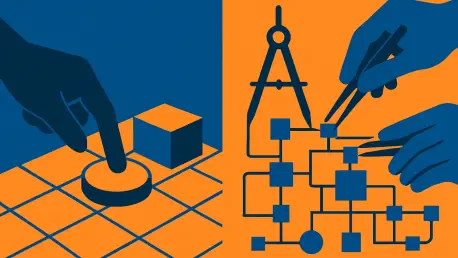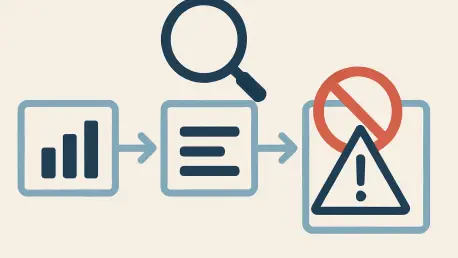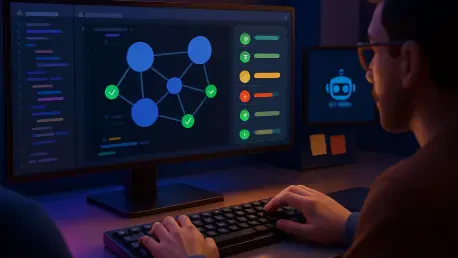
When venturing into the world of self-hosted open-source software, developers and system administrators are immediately confronted with a foundational choice that will shape the entire lifecycle of their project: the fundamental trade-off between the velocity of deployment and the granularity of

A critical risk dashboard flags no errors and all data pipelines complete successfully, yet a subtle schema mismatch in an upstream table silently causes a major financial institution to understate its portfolio positions by a staggering eight percent. This scenario, where data is technically

The rapid evolution of artificial intelligence has propelled the robotics industry to the brink of a new era, promising a future populated by highly intelligent, autonomous machines capable of performing complex tasks in unpredictable environments. However, a significant chasm has opened between

Imagine a role where your expertise directly safeguards the energy grid that powers thousands of homes and businesses across Maine, ensuring reliability in an increasingly complex world of energy demands. Avangrid, a trailblazer in the energy sector, is on the hunt for a Principal Engineer

Samuel Duvains sits down with Vijay Raina, a specialist in enterprise SaaS technology, software design, and architecture. Vijay has helped multiple engineering organizations adopt AI while protecting quality, safety, and velocity. In this conversation, he unpacks why developer trust is sliding even

What happens when a once-reliable system starts crumbling under the weight of modern data demands, leaving customer satisfaction and operational efficiency in jeopardy? In an era where real-time processing and scalability define business success, many organizations find their legacy architectures